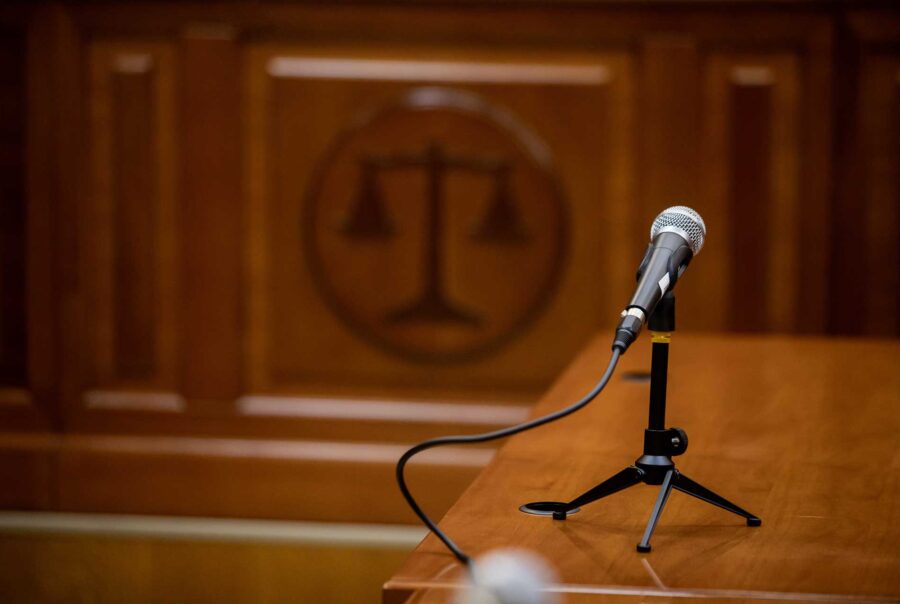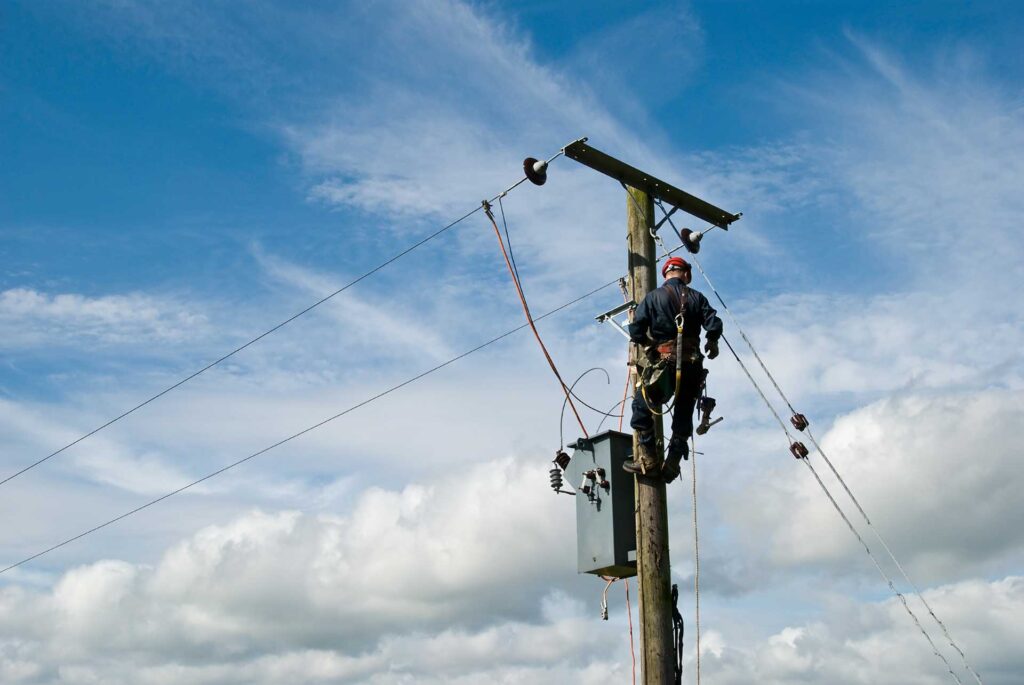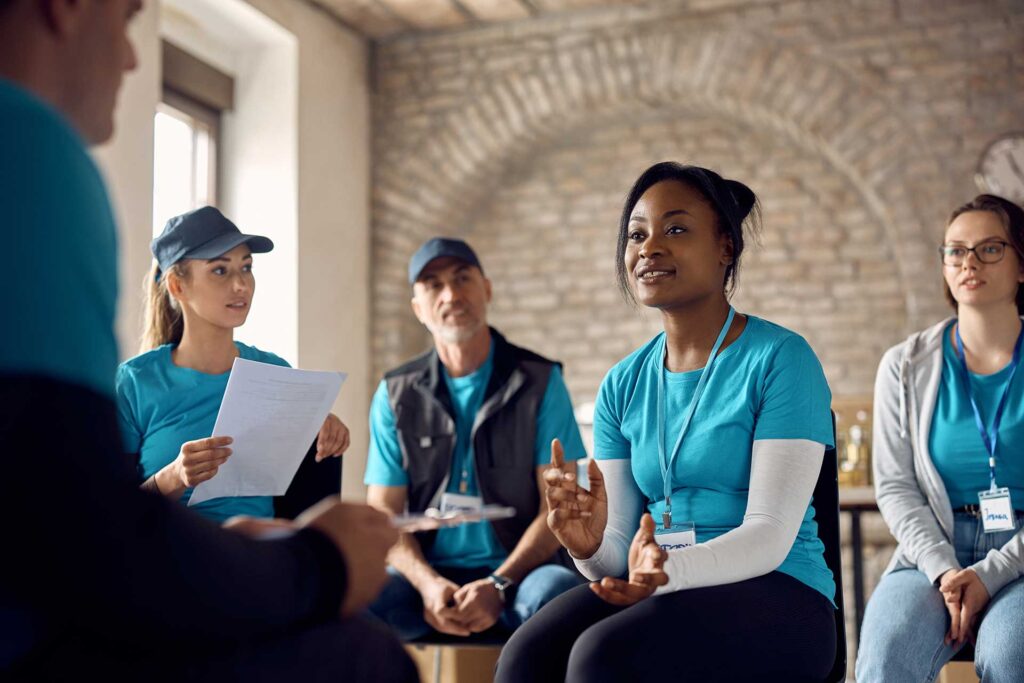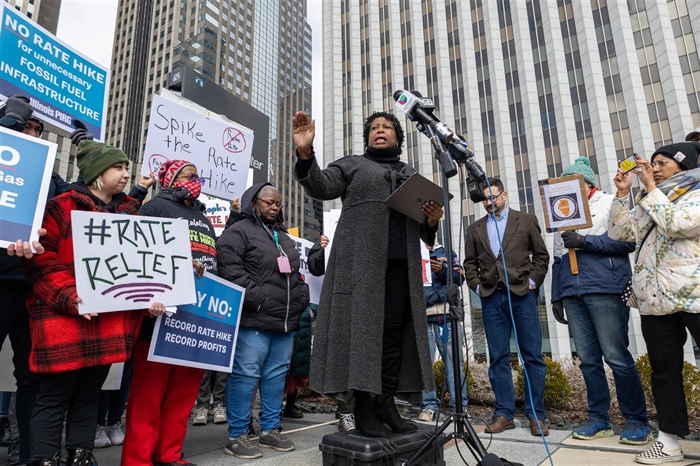Technical Expert Testimony
Andrew Barbeau
Technical expert Andrew Barbeau, President of the energy consultancy The Analysis Group, testified that ComEd must change the way its performance is measured to meet the requirements of the Climate and Equitable Jobs Act (CEJA).
ComEd’s proposed metrics do not require it to differentiate between locations within its system, even though research shows that service varied greatly depending on where customers lived: frontline communities in Chicago had outages 83% more frequently and for 140% longer than other Chicago communities.
Barbeau proposed that the Illinois Commerce Commission require ComEd to use equity-focused metrics that reflect CEJA goals and that would improve the level and reliability of services provided to frontline communities. An example is the Reliability and Resiliency in Vulnerable Communities Metric. Including “resiliency” in the metric reflects the need to account for impacts of outages on customers, given that wealthier communities can withstand and recover from electricity outages better than more vulnerable communities. He also described the need for metrics that encourage development of distributed energy resources.
Barbeau described in detail how he arrived at four metrics that would help measure and hold ComEd accountable for providing equitable electric services in frontline communities.
The Commission agreed in September 2022, requiring the utility to increase the beneficial impact of reliability upgrades within frontline communities in order to receive a performance incentive. The Commission noted that it shared EDF’s concerns that frontline communities are burdened by longer and more frequent outages than other communities.








